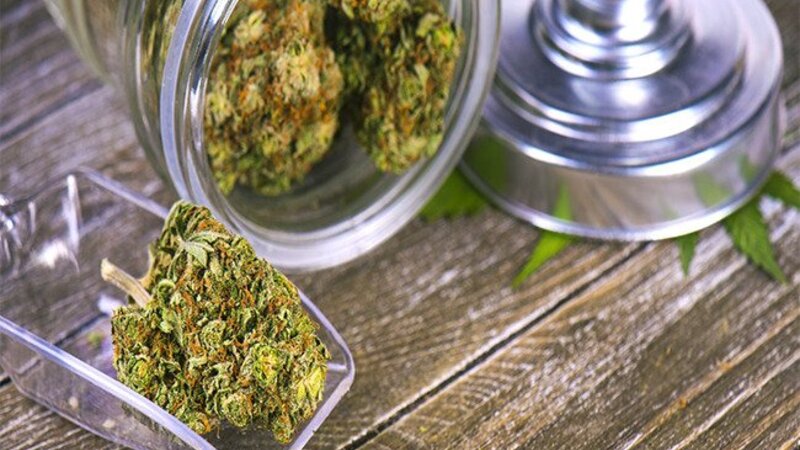As interest in cannabidiol (CBD) continues to grow, it is important for consumers to understand the differences between full spectrum products and CBD isolates. While both options contain CBD, they take different approaches that offer varying experiences and benefits. Here is a breakdown of the key distinctions between full spectrum hemp and CBD isolates.
What is Full Spectrum Hemp?
This refers to products derived from the cannabis sativa plant that contain all of the naturally occurring cannabinoids, terpenes, flavonoids and fatty acids found within the plant. This includes CBD (cannabidiol), minor amounts of THC, CBN, CBG and over 100 other cannabinoids found naturally within the hemp plant. These products are designed to utilize an “entourage effect” where all of the compounds work synergistically together to provide maximum potential benefits.
What are CBD Isolates?
CBD isolates are products that contain purely isolated CBD only, stripped of all other cannabinoids, terpenes and flavonoids from the original hemp plant material. Through an extraction and refinement process like distillation or winterization, the CBD molecules are separated from everything else giving a pure CBD product containing 99% or more CBD and almost nothing else. While highly concentrated in CBD, isolates lack the wider range of compounds found in full spectrum products.
Entourage Effect vs Isolates
Proponents of full spectrum hemp argue that consuming all the plant compounds together provides enhanced benefits beyond CBD alone. This is due to an “entourage effect” between cannabinoids and terpenoids working synergistically. CBD isolates lack these additional compounds shown to potentially modulate the effects of cannabinoids. However, isolates provide consistent precisely measured CBD dose without concern over varying or legal THC limits for different users.

